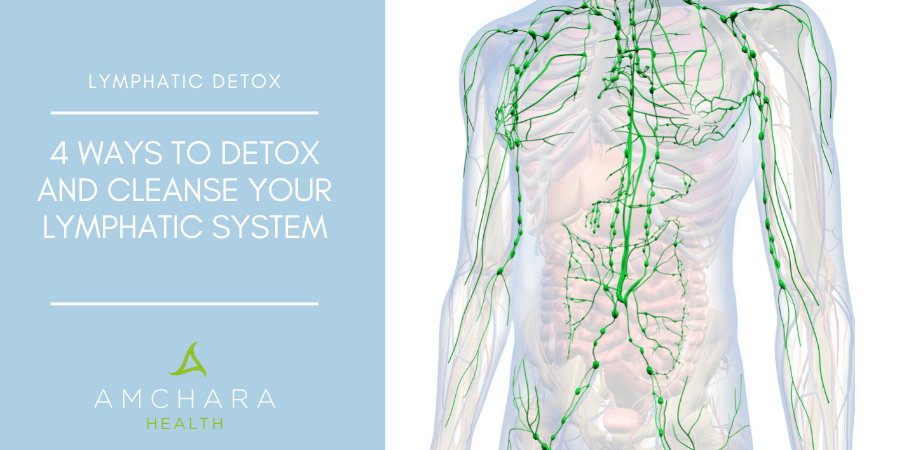The old saying ‘listen to your gut feeling’ still rings true today, especially as we now know that the gut has such a profound impact on our overall health and wellbeing.
Improving gut health is thought to be the key to improving immunity, efficiency of digestion and mental clarity.
The gut needs to be treated with care to improve and optimise our health and we should all aim to be more in tune with our gut function and health.
Evidence suggests that what we eat and how effectively we absorb nutrients within the gut literally affects the way we think and feel.
So our daily choices determine whether we are helping or hindering our own wellbeing.
We always take an evidence-based approach and aim to provide you with actionable knowledge and tips to help you on your journey to optimal health.
Let’s look in more detail now at the gut, what fasting involves and its potential benefits for your gut health.
The primary function of the gastrointestinal tract is to facilitate the efficient absorption of important nutrients, whilst keeping the most harmful materials out.
The mucosal membrane surface of the gut is the largest interface between our internal body and external environment and is said to be over 200 times greater than the surface area of the skin.
This allows for maximum protection from ingested toxins, drugs and pathogens such as bacteria and viruses.
75% of immune system processes are in the gut so a healthy digestive tract is vital to optimise your overall health and wellbeing.
The importance of balanced gut bacteria
The gut is home to billions of bacteria, in fact you may be surprised to learn that we are in fact only 10% human, meaning we are actually 90% bacterial!
Balance of bacteria within the gut is vitally important to both determine and maintain good health.
Gut bacteria significantly influences the function of the immune system, effectiveness of digestion and nutrient absorption as well as the manufacture of vitamins and hormones.
In a healthy gut, good bacteria crowd out pathogenic strains of bad bacteria which can, if over dominant, cause negative effects to our health.
Gut Dysfunction
It is increasingly common to experience problems with the gut, which often go unnoticed until symptoms worsen significantly.
Common disorders of the gut include:
-
Increased Intestinal Permeability or ‘Leaky Gut’
-
Dyspepsia
-
Irritable Bowel Syndrome (IBS)
-
Symbiosis
-
Inflammatory Bowel Disease including Ulcerative Colitis and Crohn’s disease.
Symptoms often include:
-
Gas and bloating
-
Inadequate digestion
-
Constipation
-
Diarrhoea
-
Halitosis
-
Flatulence
-
Burping
Migraines, hormone imbalances, allergies, skin conditions and autoimmune conditions can also be indicative of gut problems.
Modern day living exposes us to increasing levels of chemicals and toxins, further challenging the body’s systems.
This increased toxic load can result in the gut and other detoxification organs within the body struggling to detoxify efficiently.
What does fasting involve?
Fasting facilitates a powerful, rapid and safe detoxification process by providing a period of concentrated physiological rest during which time the body’s natural healing processes are stimulated, resulting in improved gut repair and reduced toxicity.
Typically, in modern day lifestyles the body only experiences brief periods of fasting whilst we are sleeping.
Programmes involving longer periods of fasting vary from a few days up to a few weeks.
Juice fasting (or juice cleansing) is a popular method for fasting, however soups or just water are also frequently used.
Variables in time length and type of fasting tend to be dependent upon individual goals, tolerances, preferences and an individual’s health status.
Benefits of Fasting
Fasting helps to facilitate deeper cleansing by eliminating toxins such as dead cells, fatty tissue, intestinal mucus and other waste products stored in the body.
During the fasting period the body transitions from using glucose as a main source of energy to using fat.
Toxins stored in your body’s fats cells are, also released, further detoxifying the system and often facilitating weight loss.
Fasting effectively reduces digestive workload as energy is no longer required for digestion and our gut cells are transitioned into repair mode.
Energy is beneficially diverted and utilised in metabolism and the immune system.
Fasting can be effective for people with the previously mentioned gut related conditions that require a concentrated period of healing to resolve underlying problems.
Fasting can also work to speed up healing processes.
Fasting improves gut health by:
-
Cleansing cells of accumulated toxins and waste products
-
Strengthening the gastrointestinal mucosal lining
-
Improving digestion
-
Reducing oxidative damage
-
Reducing inflammation
-
Improving metabolism
-
Balancing the gut microbiome
A foundation for future health
A positive fasting experience should be supported with an emphasis on education to promote both integration of healthy lifestyle and nutritional food choices to maintain a healthy gut and benefits of fasting throughout the body.
Regular fasting can help to maintain a healthy gut as well as providing other health benefits throughout the body.
We are dedicated to providing insightful information on key aspects of health.
Did you find this article useful?
Have you tried fasting to improve your gut health?
We’d love to hear your experiences, get in touch!
Author: Katie Hotchkiss, a physiotherapist and student at the College of Naturopathic Medicine
Fasting Related Topics:
Topics Related to Gut Health :
REFERENCE
-
Liska D, Bland J, (2007) Digestion and excretion. Integrative medicine journal 6 (5): 32-42.
-
Horne, B., Muhlstein, B, Anderson,J, L (2015) Health Effects of Intermittent Fasting: Hormesis or Harm? A systematic review. The American Journal of clinical Nutrition. 102: 464-70.
-
Michalsen A, Li, C (2013) Fasting therapy for treating and preventing disease – current state of evidence. Forsch Komplementmed. 20(6) :444-53.
-
Patterson, R, E, Laughlin, G,A, Sears, D, Lacroix, A, marinas, A, Gallo,C, Harman, S, Nataranjan, L, Senger, C, M,Martinez, M, Villasenor, A, (2015) Intermittent fasting and human metabolic health. Journal of Academic Nutrition Diet. 115 (8) :1203-1212.
-
Shen, J, Obin, M,S, Zhao, L. (2013) The Gut Microbiota, Obesity and Insulin Resistance. Molecular aspect of Medicine. 34:39-58.




